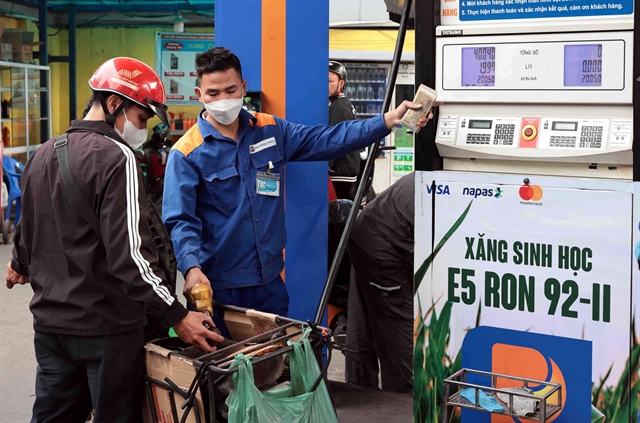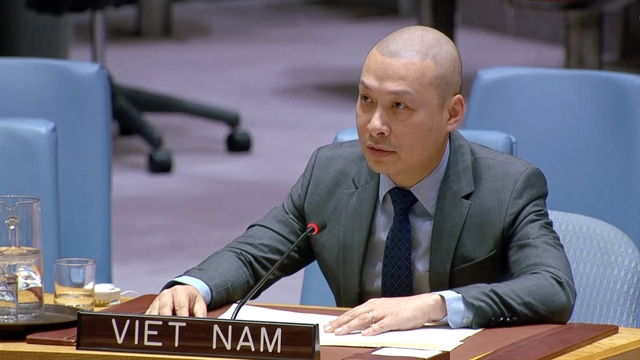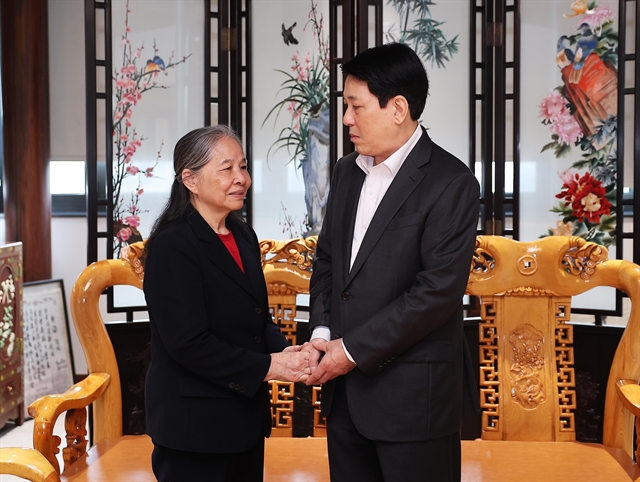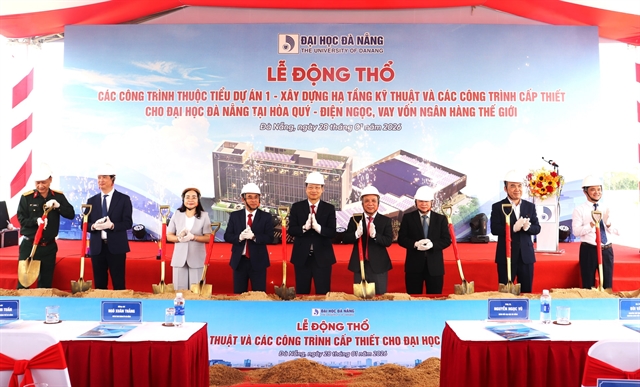 Society
Society

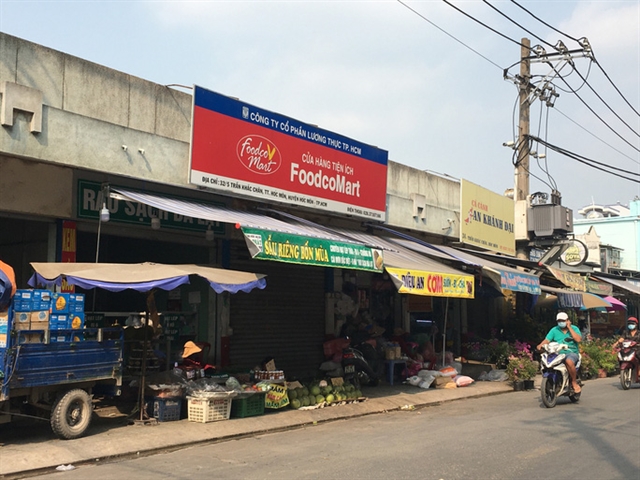
|
| A public land plot on Trần Khắc Chân Street in HCM City’s Hóc Môn District was initially supposed to be used as a food warehouse, but the HCM City Food Joint-Stock Company leased out the plot for personal profit. Photo nld.com.vn |
HCM CITY — HCM City is planning to review public assets such as housing and land in an aim to improve management and use of state-owned land and properties in the city.
Nguyễn Thành Phong, chairman of the city’s People’s Committee, said a steering committee, consisting of 15 members, with Phong as the head, will oversee the use of state-owned land and properties in the city.
Other committee members are from the Ministry of Finance, and the city’s departments of Finance, Natural Resources and Environment, Construction, Planning and Architecture, Planning and Investment, and Justice, as well as the HCM City Inspectorate.
The committee will carry out inspections of state-owned housing and land, as well as assets attached to State-owned land. It will identify, classify and evaluate the managerial deficiencies of all state-owned housing and land and then propose solutions.
Lê Hòa Bình, vice chairman of the People’s Committee, said the city would also establish a team led by a city leader to review State-owned land property and assess the state of these properties every five years.
The People’s Committee will submit its report to the People’s Council and later to the Prime Minister for approval to settle problems related to public assets.
Public assets to be publicised
Trần Quang Thắng, director of the HCM City Institute of Economics and Management, who is also a People’s Council member, said the city should publicise all information about existing public land and housing, including addresses.
This would provide full legal information about the public land and help to attract interested investors, he said.
Lawyer Nguyễn Văn Hậu, vice chairman of the HCM City Bar Association, said many public land plots have not been used for proper purposes, and some housing and land plots have not been sold to appropriate individuals or organisations.
In addition, some property prices have not been determined by the market price.
Hậu attributed the problems to city mismanagement and inconsistency in regulations on the management and use of public assets, creating “loopholes” in the law.
He proposed reviewing legal documents related to management, strengthening state supervision, and consulting independent organisations about necessary measures.
Dr. Đinh Thế Hiển, a financial expert, said that public housing and land should be immediately taken back if violations are found, and the state must enhance the cultural and historical value of certain works, instead of private investors.
Nguyễn Toàn Thắng, director of the Department of Natural Resources and Environment, said the city government should require that individuals and organisations using public housing publicise their purposes.
The department is working with the Department of Finance and others to handle the misuse of public housing, he said.
Architect Trần Vĩnh Nam, an expert in the urban sector, recommended that Việt Nam learn from Japan in the management of public housing.
“Offices in Japan often use the ground floor or part of the ground floor as a place to handle documents for residents, while the rest of the area is used for commercial purposes such as condominiums and shopping malls,” he said.
Almost all public housing and land in Japan are optimised to maximise use with careful consideration of economic benefits. Independent inspections are implemented every year to punish any improper use of housing and public land, according to Nam.
Speaking at a recent meeting, Nguyễn Thành Phong, chairman of the People’s Committee, said the city would work out solutions to create a more transparent, fair and competitive business environment. — VNS

